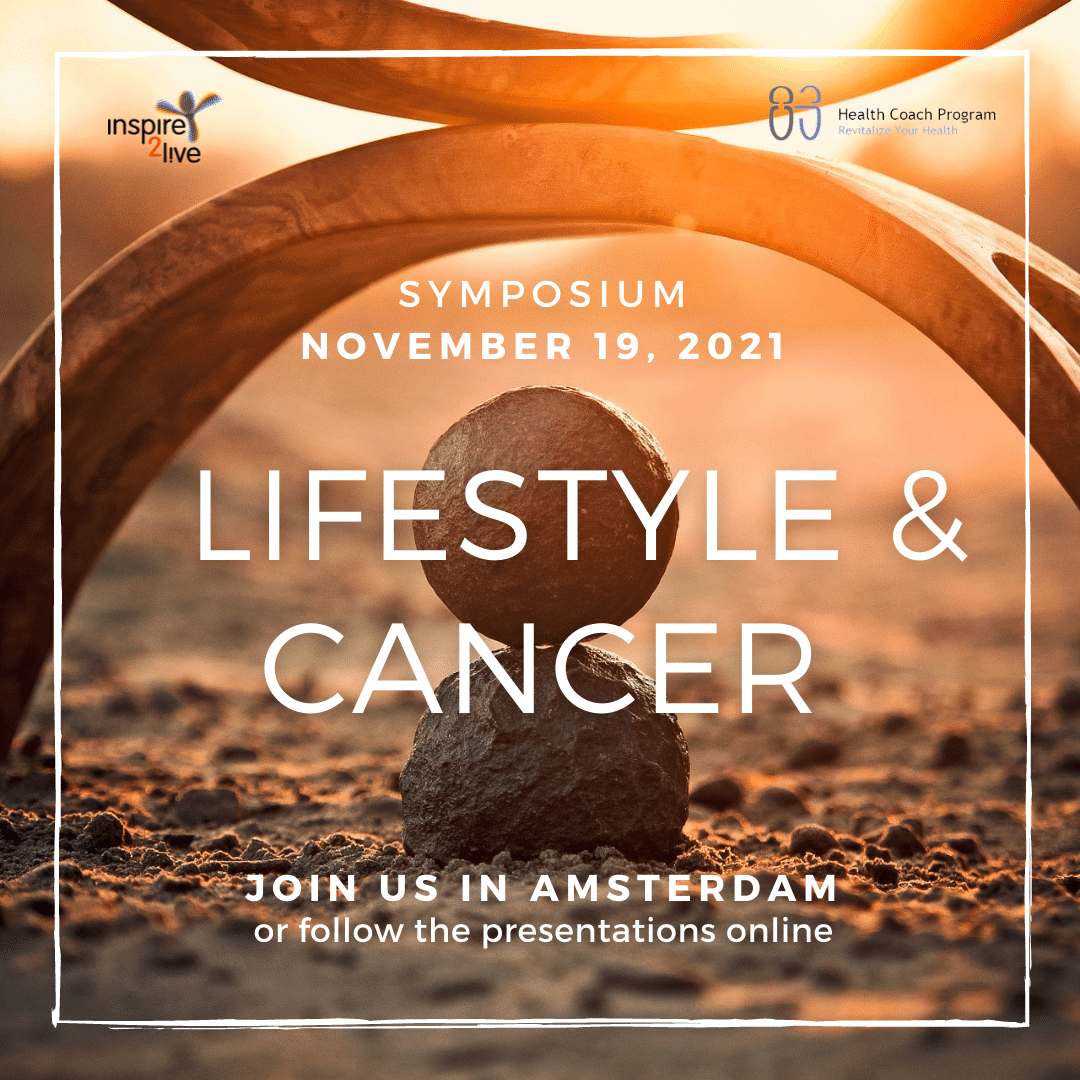It is known that the approach to cancer can be tough, from partial diagnosis and complicated treatments to difficult and expensive cures. In the struggle with cancer, we gladly look to its end, when the patient will be cured. But we often forget that, in many cases, the fight against cancer can start before a diagnosis is given1.
Prevention of cancer has been proven critical, both in terms of health of the (potential) patient, and as a cost-effective treatment to a disease that can hopefully (and often) be avoided. Breast cancer, the most frequent malignancy among adolescent and early adults, is a good example of a disease where awareness, lifestyle factors and, of course, regular checks play a key role in global prevention.
However, the worldwide incidence of cancer is predicted to skyrocket. This trend is being driven mostly by an increase in lifestyle-related malignancies caused by a global economic shift. Lifestyle factors are thought to be major causes of cancer and are thus prime targets for primary prevention.
Higher levels of physical activity, lower red meat consumption, adequate sleeping habits, avoidance of alcohol and higher plant intake appear to reduce the chance of developing several types of cancer. Prevention and modification of these lifestyle variables go hand in hand, but what they are and why they are important is not always completely understood. There is a shortage of appropriate information available to the public about healthy living choices.
There often is a large discrepancy between what health practitioners know and what science says. How are individuals meant to do things right if the specialists themselves are often unaware and guilty of disease promoting habits? There have been many studies with high scientific value, but there is still a long way to go in terms of application. Patients are frequently given inaccurate information and this needs to change.
Access to reliable information for the public is vital, necessary, and urgent. Prevention begins with education and access to accurate scientific information. Therefore Inspire2Live is organising a Lifestyle and Cancer Symposium on the 19th of November in Amsterdam.
Topics like alcohol consumption, physical activity, sleeping habits and nutrition will be discussed by experts in their fields around the issue of cancer prevention. Access to the symposium is free, with the possibility of joining us at the venue or follow the presentations online.
Click here for more information, registration and the link to join online..
Maria Chacon
Patient Advocate Inspire2Live
1 Cathcart-Rake, Elizabeth J. MD; Ruddy, Kathryn J. MD, MPH; Johnson, Rebecca H. MD Modifiable Risk Factors for the Development of Breast Cancer in Young Women, The Cancer Journal: 11/12 2018 – Volume 24 – Issue 6 – p 275-284

